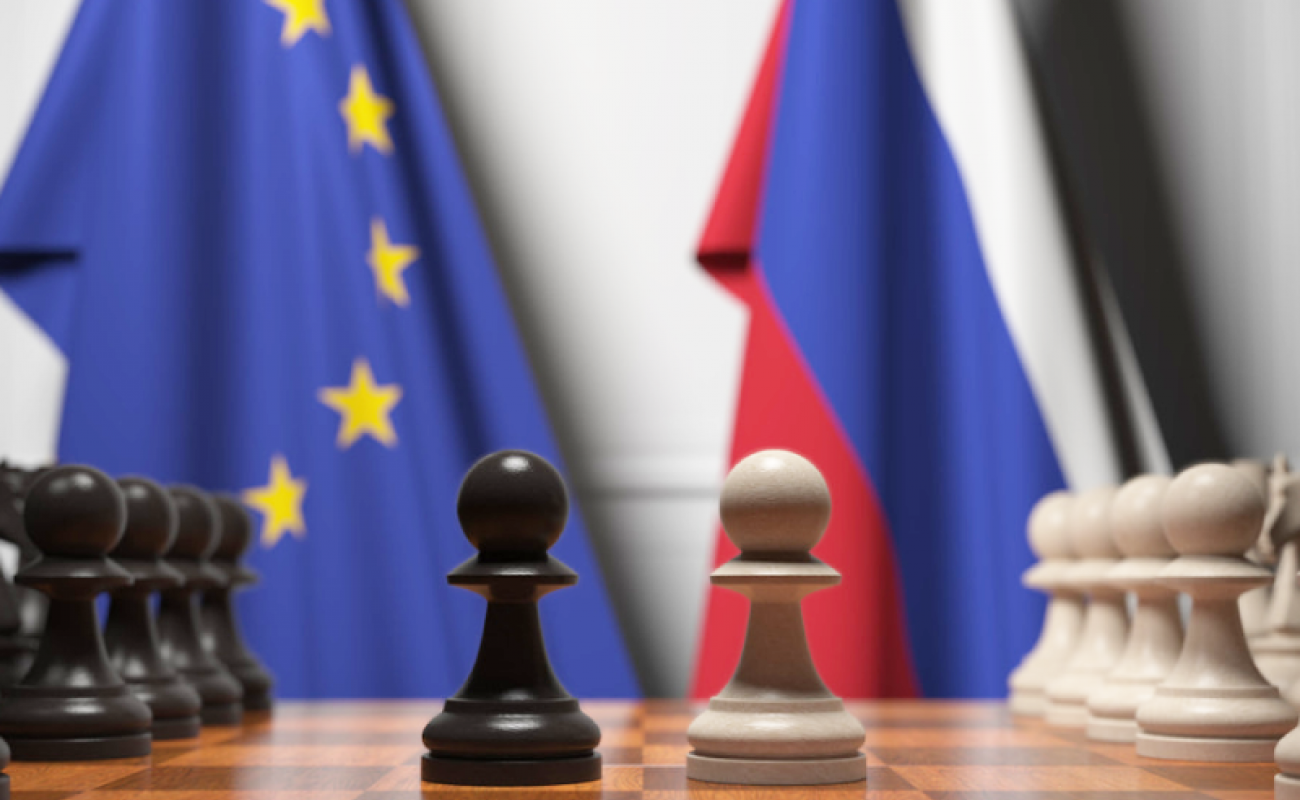Russia's positioning in the Western Balkans and the countries of the region
One of the biggest challenges for all factors in the Balkans, for its peoples and states and (un) solved problems, is the presence of Russia, a great, once superpower, with its historical and new goals.

Russia's presence in the Balkans and in some countries in the region, that is, among certain nations, has lasted for several centuries. However, it is accompanied by varying intensities of Russian political, military, or economic, and especially cultural, humanitarian, or spiritual influence.
Russia's presence in the Balkans and the strength of its influence are most closely linked, and conditioned, by the strength of its internal forces, then relations primarily with major European and then world countries, and Russian geopolitical goals and games with these very forces. In a way it is a picture and an opportunity of position and Russia's relations with the Balkans and countries in the first zone of Russian interest, here we mean its neighbors. Then, when Russia was weak, when it was falling, it was withdrawing into itself and from the Balkans, holding on to the relationship with the world's biggest factors.
In recent years, Russia no longer wants any country to become a member of NATO, although only fifteen years ago it did not exclude its membership until it concluded a sui generis agreement with NATO. But for today's negative attitude of Russia, it is no longer important where that country is geographically located, whether it is a neighbor or far from its borders, and what its objective military and general capacities are of strategic importance, if any. Russia has convincingly demonstrated its policy on the examples of Macedonia, Moldova and Montenegro. Macedonian Prime Minister Zoran Zaev warned that Greek businessmen, sympathizers of "Russian things", tried to bribe people to provoke violence in Macedonia, and Russian intelligence services as well as the Serbian intelligence service were behind everything.
On the very day of the parliamentary elections in Montenegro in 2016, the news resounded that 20 members of an organized group that tried to carry out a coup d'etat in Montenegro were arrested the night before the elections. Among those arrested were Serbian, Russian and Montenegrin citizens, including retired Serbian gendarmerie commander Bratislav Dikic and Russian intelligence officers Eduard Shishmakov and Vladimir Popov. Russia has denied any involvement in the event and has further criticized Montenegro for wanting to disrupt good relations between the two countries. At that time, Moscow did not forget to mention that it is absolutely opposed to Montenegro's membership in NATO, and that such efforts will further complicate relations between the two countries. At the same time, Serbian President Aleksandar Vučić denied any involvement of Serbia in the mentioned events, noting that it was Milo Đukanović's pre-election trick in order not to lose the parliamentary elections from the pro-Serbian opposition parties. The complete case received a court epilogue, which has not yet been completed, although first instance verdicts have been passed.
Russia prepared a similar scenario in Moldova during the 2020 presidential elections. The victory of opposition politician Maia Sandu, a former World Bank employee, was so convincing that incumbent President Igor Dodon also conceded defeat. Moldova is the poorest country in Europe, whose economy, even after 30 years since the collapse of the USSR, depends largely on Russia. In the past, Moldovans have repeatedly chosen between the EU and Russia, but this has not brought them
progress. While Moscow accuses the West of interfering in Moldova's internal affairs, accusations of Russian involvement in political events in Moldova are coming from the West. What is evident is that in the "deep state" of Moldova, pro-Russian forces have a dominance that they are inherited remnants of the past from which Moldova is difficult to get rid of.
Bulgaria has held parliamentary elections twice this year, after which no political party was able to secure a parliamentary majority for the new government. During that period, according to the Bulgarian constitution, President Rumen Radev appointed a technical government to manage the country. Although in the technical mandate, the government tried to deviate from the increasingly pronounced Russian influence in that country, which is a member of the EU and NATO. Former Bulgarian Prime Minister and GERB leader Boyko Borisov has been publicly branded a Kremlin footman, although he has known in the past that he expels Russian intelligence and diplomats for espionage. Those better acquainted with the Bulgarian events say that these were directed things in agreement with Moscow, as if to show his Western allies how he is fighting against Russian influence in Bulgaria. In this case, Bulgaria will have the third parliamentary elections in November, together with the presidential elections, and it will be another attempt for Bulgaria to try to distance itself from Russian influence. Among Western countries, a large number of Russian associates within the security intelligence system, which is linked to similar EU and NATO systems, are of particular concern.
Russia is actively spoiling the intentions of the Balkan countries and the region for an alliance with Western countries and their efforts to become members of the EU and NATO. To that end, they engage available diplomatic, intelligence and other capacities. The servility of individual countries is very helpful to them, as are certain political entities in countries that have a clear pro-Western strategy. This kind of Russian behavior will be further strengthened in the time to come, especially because EU countries are hesitant about what and how to do with the Balkan countries regarding EU enlargement. Russia has detected European disunity and is trying to use the resulting vacuum for additional positioning and influence.
